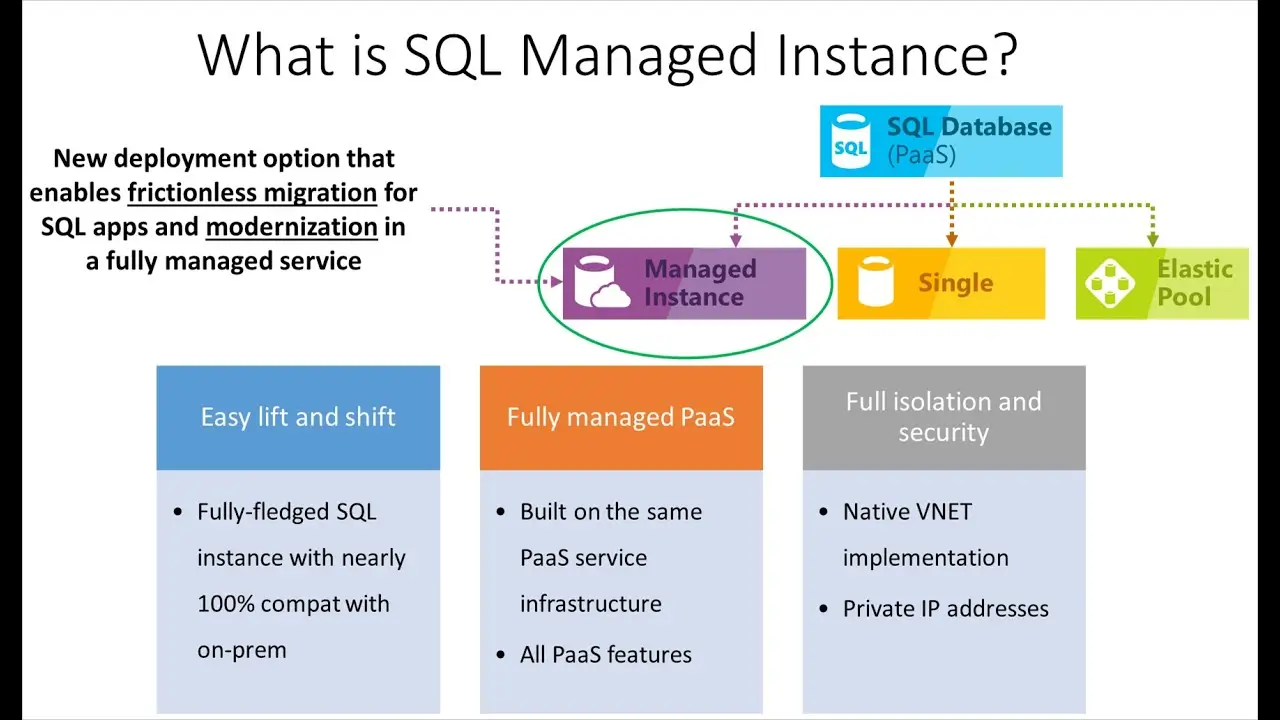SSIS-469 in 2024: Key Features and Benefits You Should Know
In 2024, SSIS-469 will be a crucial tool for businesses aiming to optimize their data integration and ETL (Extract, Transform, Load) processes. Microsoft SQL Server Integration Services (SSIS) has evolved significantly, and version 469 brings even more powerful features and enhancements to streamline data flow, boost performance, and ensure efficiency. In this article, we’ll explore the key features and benefits of SSIS 469 and how it can transform your data management strategy.
What is SSIS-469?
SSIS (SQL Server Integration Services) is a platform for building high-performance data integration solutions, including data migration, ETL (Extract, Transform, and Load) processes, and automated workflows. SSIS 469 refers to the specific version introduced as part of the latest updates, offering enhanced capabilities to meet modern data integration challenges.
Whether you’re managing large datasets or optimizing business processes, SSIS-469 provides the flexibility and power needed to succeed in 2024.
Also Read: NBABite: The Ultimate Free NBA Streaming Solution for 2024
Key Features of SSIS-469
1. Enhanced Data Flow Performance
One of the standout features of SSIS 469 is its improved data flow performance. The updated architecture allows for faster data extraction, transformation, and loading, reducing the overall time needed for ETL processes. This is especially beneficial for businesses dealing with large-scale data transfers.
2. Advanced Error Handling
SSIS 469 introduces more robust error-handling capabilities, allowing users to manage better and log errors that occur during the ETL process. This feature enhances the reliability of data pipelines and reduces downtime, ensuring that the integration process continues smoothly even when issues arise.
3. Improved Integration with Cloud Services
With the increasing shift toward cloud-based data solutions, SSIS 469 offers seamless integration with popular cloud platforms such as Azure and AWS. This feature enables businesses to leverage the power of cloud computing, ensuring that their data pipelines remain flexible and scalable.
4. Built-in Data Cleansing Tools
Data quality is critical in any ETL process. SSIS-469 comes with enhanced data cleansing tools that allow users to identify and correct errors or inconsistencies in data before it’s loaded into the target system. This feature helps ensure that data is accurate, reliable, and ready for analysis.
5. Real-Time Data Processing
In today’s fast-paced business environment, real-time data processing is more important than ever. SSIS 469 supports real-time data integration, allowing businesses to make quicker decisions based on the most up-to-date information available. This feature is ideal for applications like stock trading platforms or real-time customer analytics.
6. Enhanced Debugging and Logging
The debugging and logging features in SSIS 469 have been significantly improved, making it easier for developers to troubleshoot issues in their data pipelines. The enhanced logging features provide detailed insights into how the ETL process is functioning, allowing for quicker issue resolution.
7. Scalability and Flexibility
SSIS 469 is designed to handle both small and large-scale ETL processes, making it an ideal solution for businesses of all sizes. Its scalability ensures that companies can use the same platform as their data needs grow, without worrying about performance or functionality limitations.
8. Secure Data Handling
Data security is a major concern for businesses today. SSIS offers enhanced encryption and secure data handling features, ensuring that sensitive information remains protected during the ETL process. This is especially important for businesses in industries like healthcare and finance, where data privacy regulations are strict.
9. Customizable Workflows
Another key feature of SSIS 469 is its customizable workflows. Users can create complex, multi-step workflows to automate data integration tasks, ensuring that processes run smoothly without constant manual intervention. This feature improves operational efficiency and reduces the risk of human error.
10. Support for Machine Learning Integration
SSIS 469 takes a step toward the future with its support for machine learning integration. Businesses can now incorporate machine learning models into their data pipelines, enabling predictive analytics and smarter decision-making processes.
Benefits of SSIS-469
1. Time Savings
SSIS 469’s enhanced performance and real-time data processing capabilities result in significant time savings. Businesses can complete their data integration tasks faster, allowing teams to focus on higher-level analysis and decision-making.
2. Improved Data Accuracy
With built-in data cleansing tools and advanced error handling, SSIS 469 ensures that the data loaded into your system is accurate and error-free. This improves the quality of the insights generated from your data, leading to better business decisions.
3. Cost Efficiency
The scalability of SSIS 469 means that businesses don’t need to invest in multiple data integration platforms as their data needs grow. This makes SSIS 469 a cost-effective solution for companies of all sizes, from small startups to large enterprises.
4. Seamless Cloud Integration
The ability to easily integrate with cloud platforms like Azure and AWS allows businesses to take full advantage of cloud-based solutions, reducing infrastructure costs and increasing flexibility. SSIS 469 supports hybrid environments, making it easier to transition to the cloud without disrupting existing workflows.
5. Enhanced Security
With data breaches becoming more common, the enhanced security features in SSIS 469 provide peace of mind for businesses handling sensitive data. The platform’s encryption and secure data handling ensure compliance with industry regulations and protect against unauthorized access.
6. Future-proofing with Machine Learning
The integration of machine learning capabilities in SSIS 469 allows businesses to future-proof their data pipelines. By incorporating predictive analytics and other advanced technologies, companies can stay ahead of the competition and drive innovation.
Conclusion
SSIS 469 is a powerful tool that offers numerous features and benefits for businesses looking to optimize their data integration processes. From improved performance and error handling to real-time data processing and cloud integration, SSIS provides everything you need to handle modern data challenges effectively.
Whether you’re a small business or a large enterprise, the flexibility, scalability, and security features of SSIS 469 make it an ideal choice for streamlining your ETL workflows and gaining deeper insights from your data.
FAQs
1. What is SSIS 469 used for?
SSIS 469 is used for data integration, including ETL (Extract, Transform, Load) processes, data migration, and workflow automation.
2. How does SSIS 469 improve performance?
SSIS 469 offers enhanced data flow performance, allowing for faster and more efficient processing of large datasets.
3. Can SSIS 469 integrate with cloud platforms?
Yes, SSIS 469 seamlessly integrates with cloud services like Azure and AWS, making it easier to manage data in hybrid or cloud environments.
4. Is SSIS 469 suitable for real-time data processing?
It supports real-time data processing, allowing businesses to make quicker decisions based on up-to-date information.
5. What security features does SSIS 469 offer?
SSIS includes advanced encryption and secure data handling features to protect sensitive information during the ETL process.











Post Comment